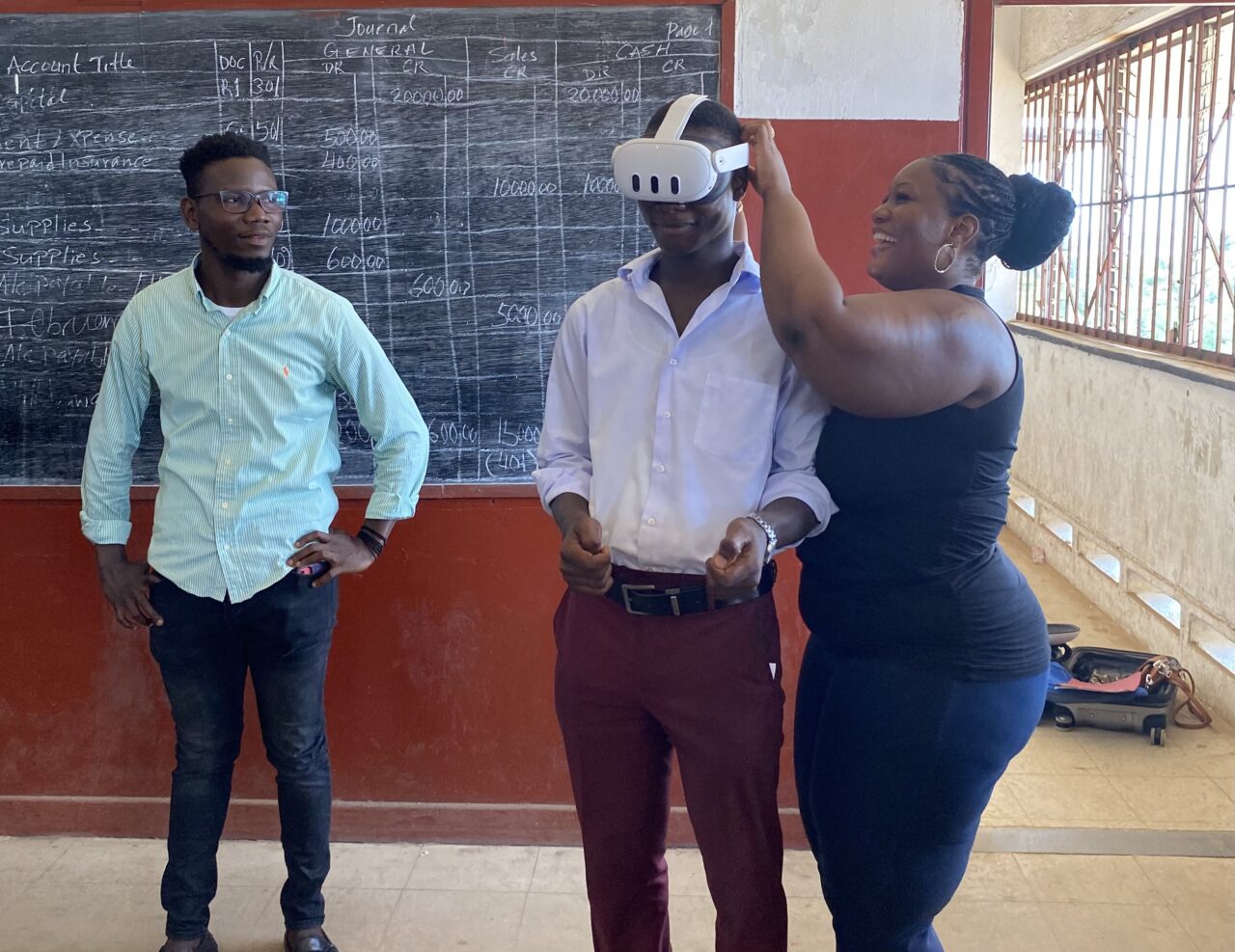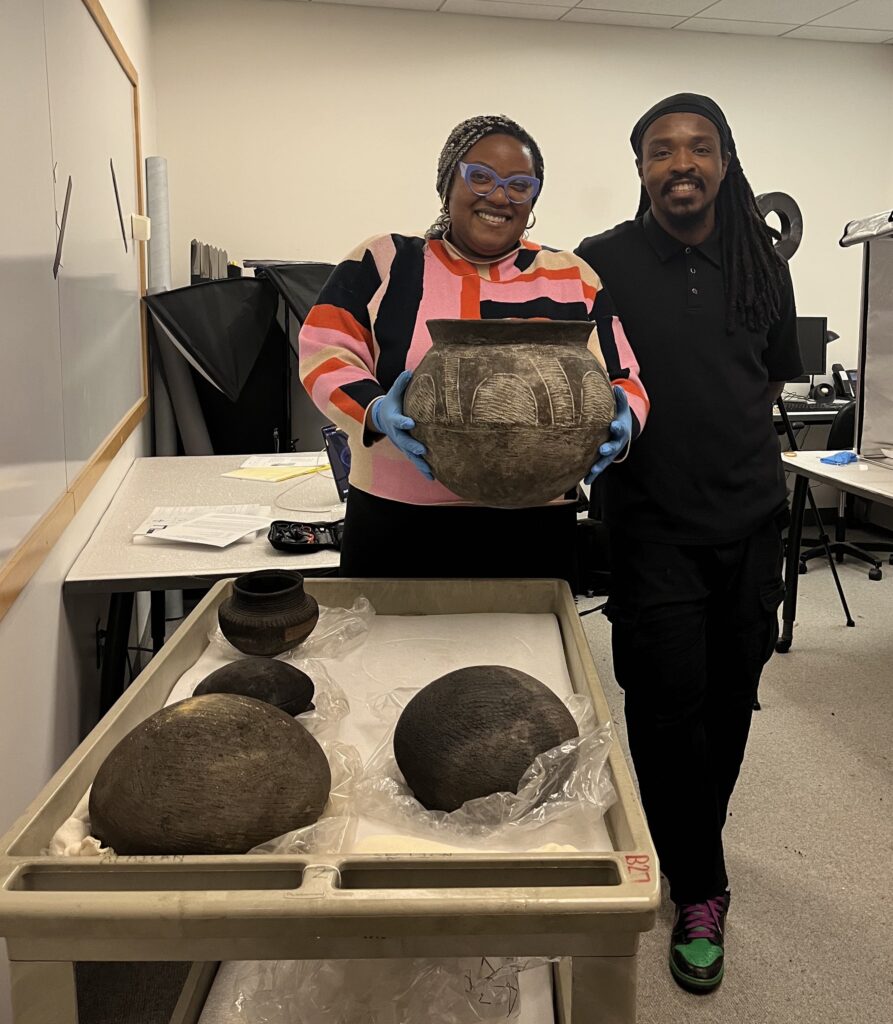The transfer of Liberian objects to the U.S. has a long, often poorly documented history. William “Bill” Siegmann, an American art collector and curator, directed Liberia’s National Museum from 1984 to 1987, before returning to the U.S. amid rising violence in Monrovia. He later joined the Brooklyn Museum and amassed over 1,600 West African artworks. In addition, his collection now graces the halls and storerooms of the Smithsonian’s National Museum of African Art, Indiana University, and the Minneapolis Institute of Art. At the Penn Museum in Pennsylvania, nearly 40 percent of 457 Liberian objects came from a single 1944 donation by H.S. Oberly, whose ties to Liberia remain unclear.
Due to prolonged instability and limited research occurring within Liberia, many of these works lack detailed context about their cultural significance and how they were used. For decades, Liberian communities had very few opportunities to participate in the curation and interpretation of their dispersed heritage—until now.
IMMERSIVE TECHNOLOGIES, EMERGING STORIES
The Traveling Treasures project is a material culture diplomacy initiative designed to nurture institutional relationships between U.S. museums and the National Museum of Liberia. In collaboration with NMOL staff members, the project presents high-resolution 3D models of Liberian objects in U.S. collections to Liberian curators, students, and the interested public through virtual reality (VR) and augmented reality (AR) immersive experiences.
While VR and AR have rapidly advanced in many fields, their adoption in humanities research and design remains slow, despite their potential to increase meaningful access to material culture collections. 3D digitization creates high-quality digital replicas of objects, allowing users to explore, hold, and interact with them virtually on most modern devices.
During one AR demonstration at the William V.S. Tubman High School, students and teachers interacted virtually with a Liberian election fan housed at the Melville J. Herskovits Library of African Studies at Northwestern University in Illinois. Made of wood and paper, the inaugural souvenir marked the 1951 reelection of Liberia’s longest-serving president, William V.S. Tubman (1944–1971), the influential politician for whom the high school is named.

